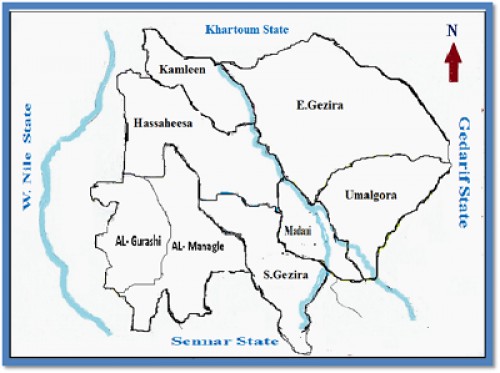Knowledge, attitude and practices among malaria control program spray-workers in Gezira state, central Sudan, towards the use, application and hazards of insecticides
Author(s): Omima MAH Awad, Nabil HH Bashir and Faisal EH Eltayeb
Abstract: Insecticides have serious impact on humans, animals and environment. However, using insecticides in agriculture and public health is considered to be an easy way to control pests. This study was conducted in Gezira state (population 4 million), central Sudan, during the period November 2014- November 2016, investigating the knowledge attitude and practice (KAP) of 394 Malaria Control Program (MCP) workers about the insecticides and the personal protective equipment (PPE). Data was collected via a questionnaire, an interview and observation. The results showed that 65.2% of the spray-men are daily-paid (seasonal), <18>51 yr-old. Over 50% of them had education below high school, whereas >15% can hardly read. Those who had training before and during the job were > 96%, while those who were using the PPE properly were 78%. However, around 30.2% of the workers showed symptoms of poisoning, and 12.4% showed symptoms of different diseases that might relate to insecticides effect. Moreover, 24.3% of the spray-men were not under close supervision, consequently, this resulted in 21.6% of them not using all PPE items. Therefore, seasonal workers must be subjected to intensive training and closer supervision before and during the job. MCP must establish training unit that adopts the concept of continuous in-service training and up-dating.
 Fig.:
Fig.: .
How to cite this article:
Omima MAH Awad, Nabil HH Bashir, Faisal EH Eltayeb. Knowledge, attitude and practices among malaria control program spray-workers in Gezira state, central Sudan, towards the use, application and hazards of insecticides. Int J Mosq Res 2017;4(3):38-43.



